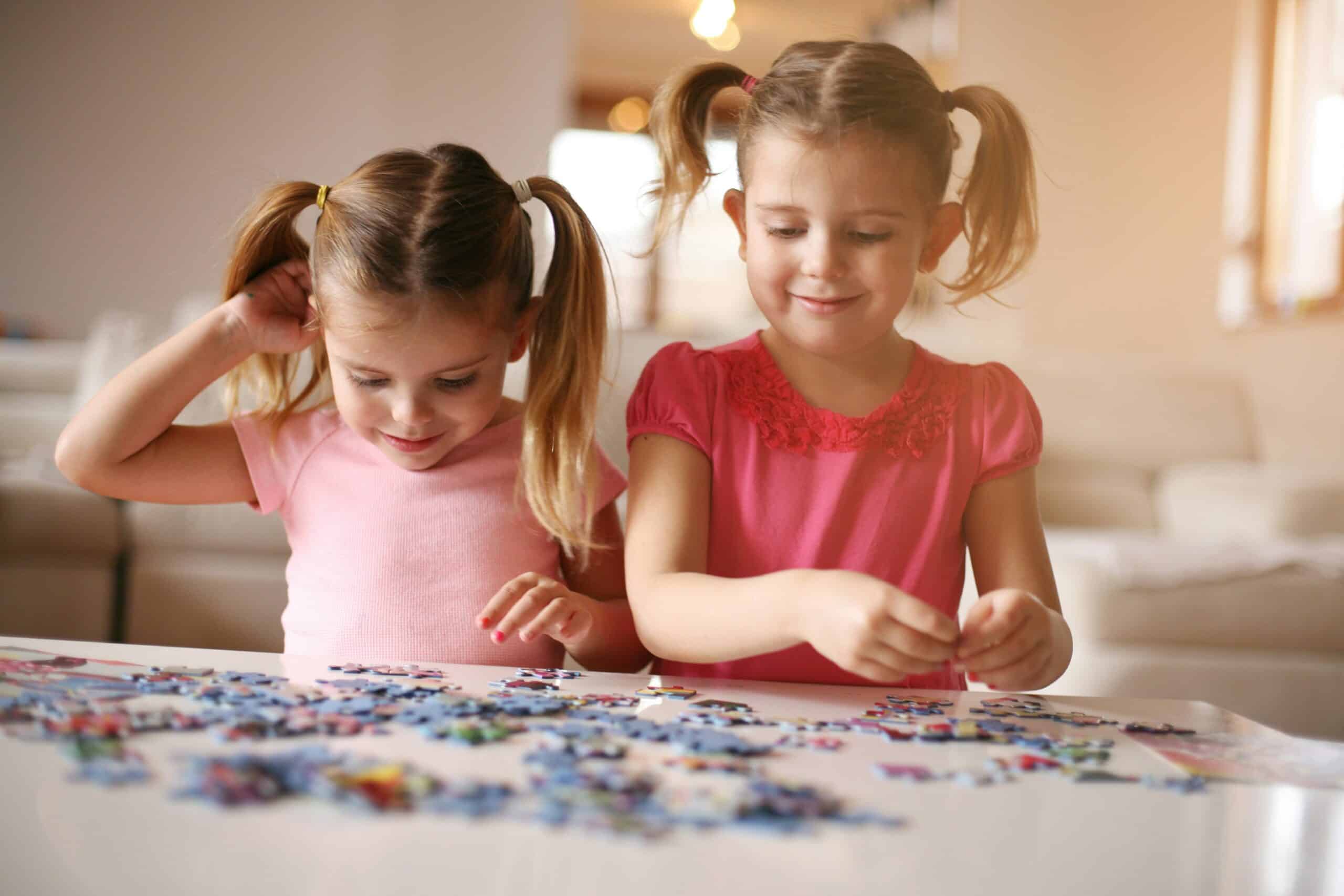
Developing critical thinking capabilities with simple puzzles
Critical thinking is a priceless ability that allows youngsters to analyze information, make intelligent decisions, and solve problems creatively. It’s an asset they will utilize throughout their entire life, be it doing a class group assignment or navigating through challenging real-life situations when they become adults. But how, as parents and teachers, do we help kids learn these abilities? The answer is simpler than you may think—puzzles. From crosswords to riddles, puzzles are fun and also fantastic at engaging children’s minds, teaching them how to think independently.
Following is just how simple puzzles can help cultivate your child’s critical thinking skills and how to start incorporating them into your life.
Why Puzzles Are More Than a Form of Entertainment
Puzzles are not just an activity of entertainment. They’re a mental workout where kids have to apply logic, reasoning, and imagination. Puzzles contribute positively to many aspects, such as:
- Problem-solving: Puzzles require kids to learn how to analyze situations and solve them logically.
- Patience and concentration: To complete a puzzle, concentration and perseverance are required, necessary qualities for developing resilience.
- Enhanced memory: Many puzzles, like matching games, improve memory by repeated recall.
- Spatial reasoning: Jigsaw and similar puzzles help children understand how a whole is composed of individual pieces, making them more spatial in nature.
Did you know? According to the Journal of Applied Developmental Psychology, children who spend time on puzzles early in their lives possess higher-level spatial and cognitive abilities when they are older.
Basic Types of Puzzles and How They Help
- Logic Puzzles
Logic puzzles, like Sudoku or simple number puzzles, enable children to learn about pattern and sequence recognition. These encourage logical thinking and the use of deductive reasoning. - Word Puzzles
Crossword puzzles and word search puzzles enable a child to broaden his vocabulary as he becomes familiar with recognizing patterns of letters and word meaning. - Jigsaw and Spatial Puzzles
Tangram puzzles or jigsaw puzzles are especially suitable for younger children. They enhance hand-eye coordination as they promote spatial awareness and attention.
Practice some free tangram worksheets to start. - Riddles and Brain Teasers
Riddles challenge children to think outside the box and reason out problems with curiosity. They foster creativity and challenge children to consider things from more than one standpoint.
Sample Riddle: What has keys but cannot open locks? A piano!
This type of playfully worded question stimulates lateral thinking—a key element of critical thinking.
Incorporating Puzzles in Daily Life
It need not be difficult to get your child to solve puzzles every day. Here are some tips to help you integrate them as a part of daily life:
- Start small: Puzzles for 5–10 minute periods without taxing their attention span can be a good starting point.
- Make it family time: Use puzzles as part of mealtime or a car ride to promote collaboration.
- Gamify learning: Utilize applications such as ABCya or Khan Academy Kids that provide puzzle education with rewards.
- Age-appropriate selection: Choose puzzles that are challenging enough to be stimulating without being so difficult that they frustrate your child.
| Child’s Age | Best Puzzle Types |
| 3–5 years | Simple jigsaw puzzles, matching games |
| 6–8 years | Word searches, tangrams |
| 9–12 years | Crosswords, logic puzzles |
The Parental Role in Nurturing Critical Thinkers
Parents and educators play a powerful role in guiding children through learning activities like puzzles. Here are tasks they can perform:
- Encourage trial and error. Explain to your child that mistakes are part of the learning process.
- Employ open-ended questions. Instead of giving them established answers, ask questions that guide their thinking, like “What do you think will happen if you put this piece there?”
- Acknowledge effort, not outcome. Recognize and compliment partial successes, such as completing one side of a puzzle.
More Than Puzzles
While puzzles are a great tool for developing critical thinking, they are only part of the larger picture (pun intended!). Add open-ended storytelling, building materials, and experiments to provide a balanced learning experience.
Whether you’re a parent exploring homeschool ideas or an educator looking for classroom activities, puzzles are an affordable and effective way to inspire young minds. Start small, keep it fun, and watch your child’s confidence and critical thinking grow.


